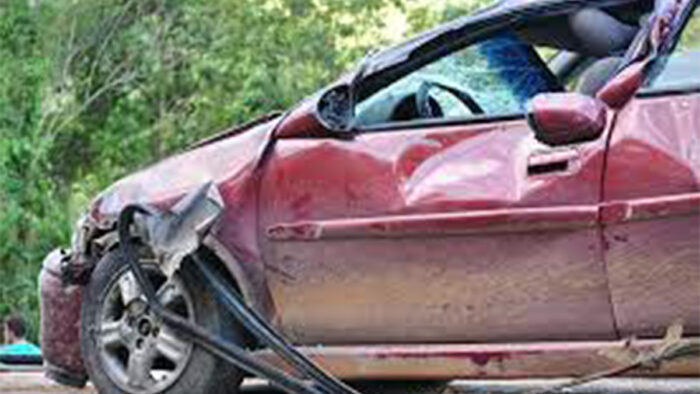Regardless of the age of your car, if you have an auto loan, you are required to have collision insurance. On the other hand, if you do not have an auto loan or have paid it off, you may decide to drop collision coverage if your car is getting older.

Just like every other type of insurance, there are so many coverage options incorporated into auto insurance policies.
Individuals tend to choose coverage that aligns with their needs and meets their state requirements. Over time, if you realize the value of your car is depreciating or getting old, dropping collision coverage is a wise choice.
What Does Collision Coverage Pay For?
Typically, most lending institutions require drivers to have collision coverage if they ever lease their car or have not fully paid their loan off. Collision coverage covers the cost of repairing or replacing your car in the event of an accident.
For instance, if you hit another car or objects lying around the road and your car suffers severe damage, collision coverage will pay for the expenses involved.
In addition, collision coverage also covers damage caused by hit-and-run, uninsured, or underinsured drivers.
All in all, this type of insurance may be worth it in a situation where you’re finding it difficult to repair or replace your vehicle out-of-pocket.
Do I Need Collision Insurance on an Older Car?
Not really; you don’t have to keep collision coverage on an old car. This is because most insurance companies believe old cars do not have a high market value and, as such, may not offer much coverage.
Since the market value of an older car is low, collision coverage will only pay up to the latest market value of your car.
However, before dropping your collision coverage, ensure you do proper research on the worth of your car.
This would enable you to know whether or not dropping this coverage is a wise decision. You can also reach out to insurance experts who can provide guidelines and other types of coverage for old cars.
How Much Collision Coverage Do I Need?
The right amount of collision coverage you need as a driver depends on your individual needs and budget. Unlike liability coverage, where you select the limit of your policy, it is not applicable for collision coverage.
Rather than selecting policy limits, your insurance company will agree to cover the cost of repairing or replacing your car in the event of an accident, up to the actual cash value of the car.
How Much Does Collision Coverage Cost?
The cost of collision coverage largely depends on the insurance company you’re buying from. Most insurance companies require you to buy both collision and comprehensive coverage.
So, you should have it in the back of your mind that you’re purchasing collision and comprehensive coverage together. This can probably be because you have an auto loan or lease that requires you to purchase both.
There are several factors that can influence the cost of collision coverage, such as:
- Your age.
- Where you reside.
- Year, make, and model of the car.
- Repair and replacement costs.
Nevertheless, the average cost of collision coverage is around $300 per year. Remember, the cost varies based on the aforementioned factors.
FAQs
When should I drop collision coverage?
Dropping collision coverage is dependent on so many reasons. If your car is older and has a lower market value, you should drop it. Also, you can drop collision coverage if the deductible and the total cost of the coverage is beyond the current market value of your vehicle.
Furthermore, if your vehicle is less than or equal to the deductible on your collision coverage, we advise that you drop it. This is because collision coverage will not pay in this situation if you file a claim.
Is collision coverage required by law?
No, there is no state that mandates collision coverage for drivers. However, you may need to carry collision coverage if you have an auto loan; you’re financing or leasing your car.
Regardless of whether or not you’re the owner of the vehicle in your possession, it often makes sense to buy collision coverage.
This advice is specifically for, but not limited to, those who drive exotic and expensive cars. Collision coverage provides financial security and peace of mind in the event that you’re unable to pay for repairs when your car is damaged.
What’s the difference between collision and full coverage auto insurance?
Full coverage auto insurance includes various types of insurance, such as comprehensive coverage, liability coverage, uninsured and underinsured coverage, and collision coverage.
On the other hand, collision coverage is a component of auto insurance that pays for damage to your car in the event of an accident.



